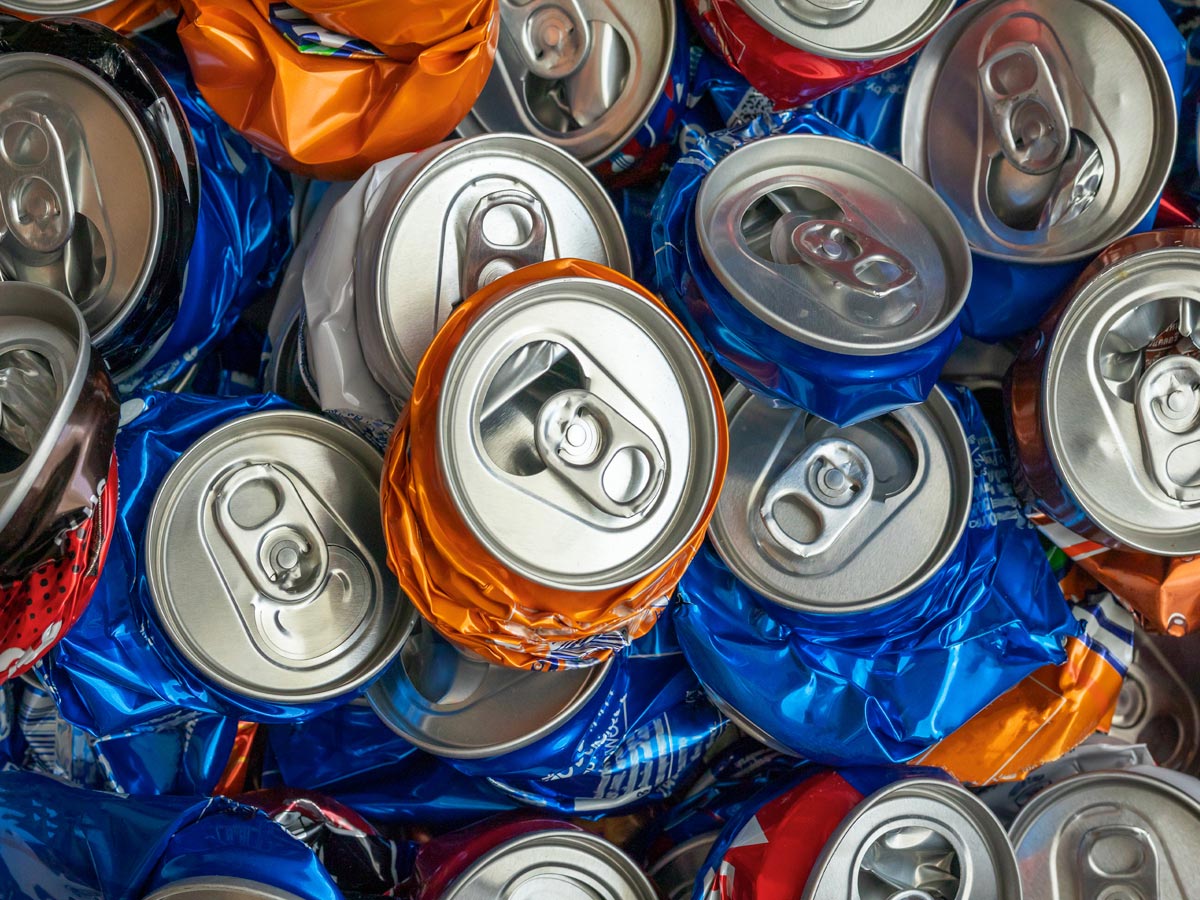Processing mixed solid waste into products and increasing recovery of resources.
Advanced Waste Treatment (AWT) involves a variety of activities that process mixed solid waste – waste that would have otherwise been directed to a landfill – into useful products such as compost, fuel, or biogas. In addition, recovery of resources such as plastics, glass, and metals is increased through the AWT method, and both new and existing projects can take advantage of its benefits.
Establishing an AWT facility involves constructing a facility that utilizes eligible waste treatment technology to process waste that would have gone to a landfill, while expanding projects involve increasing the capacity of an existing facility to process eligible waste.
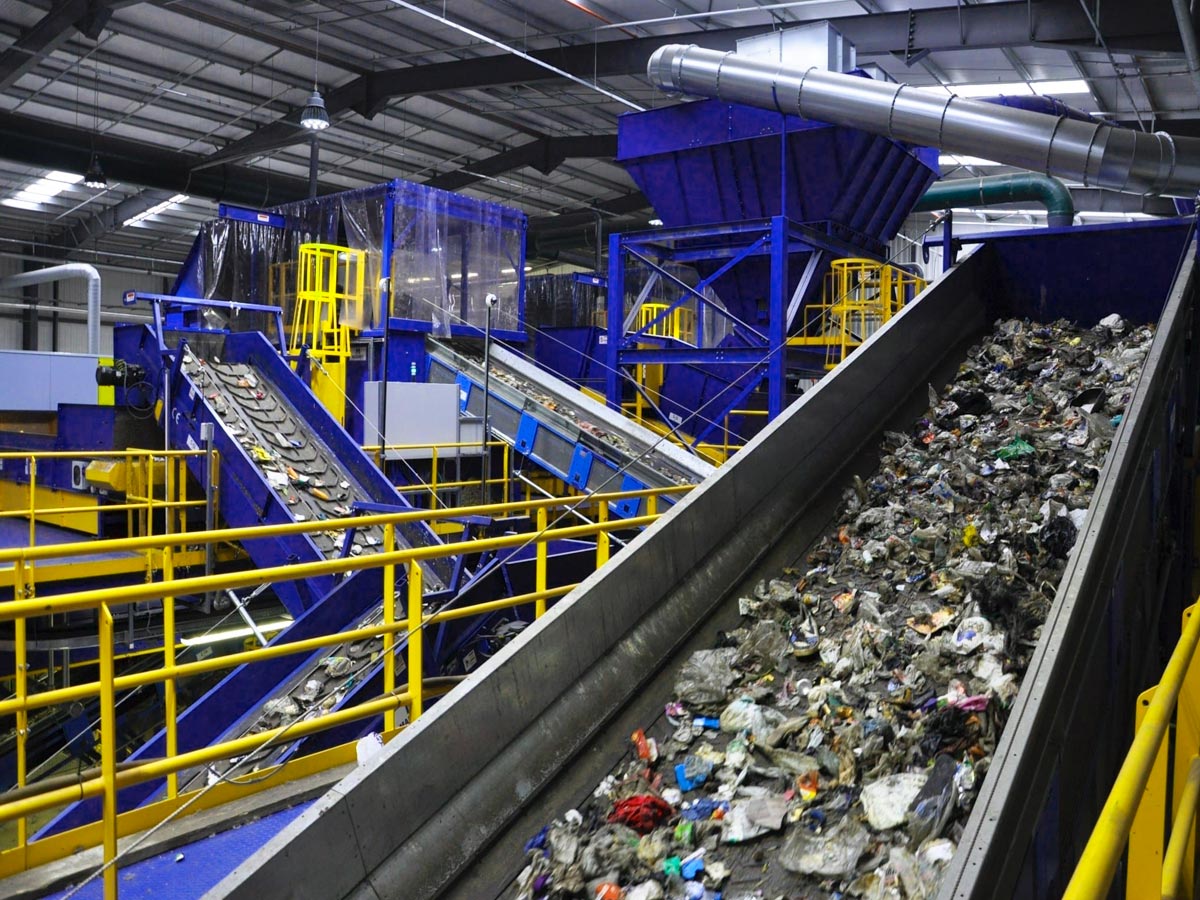
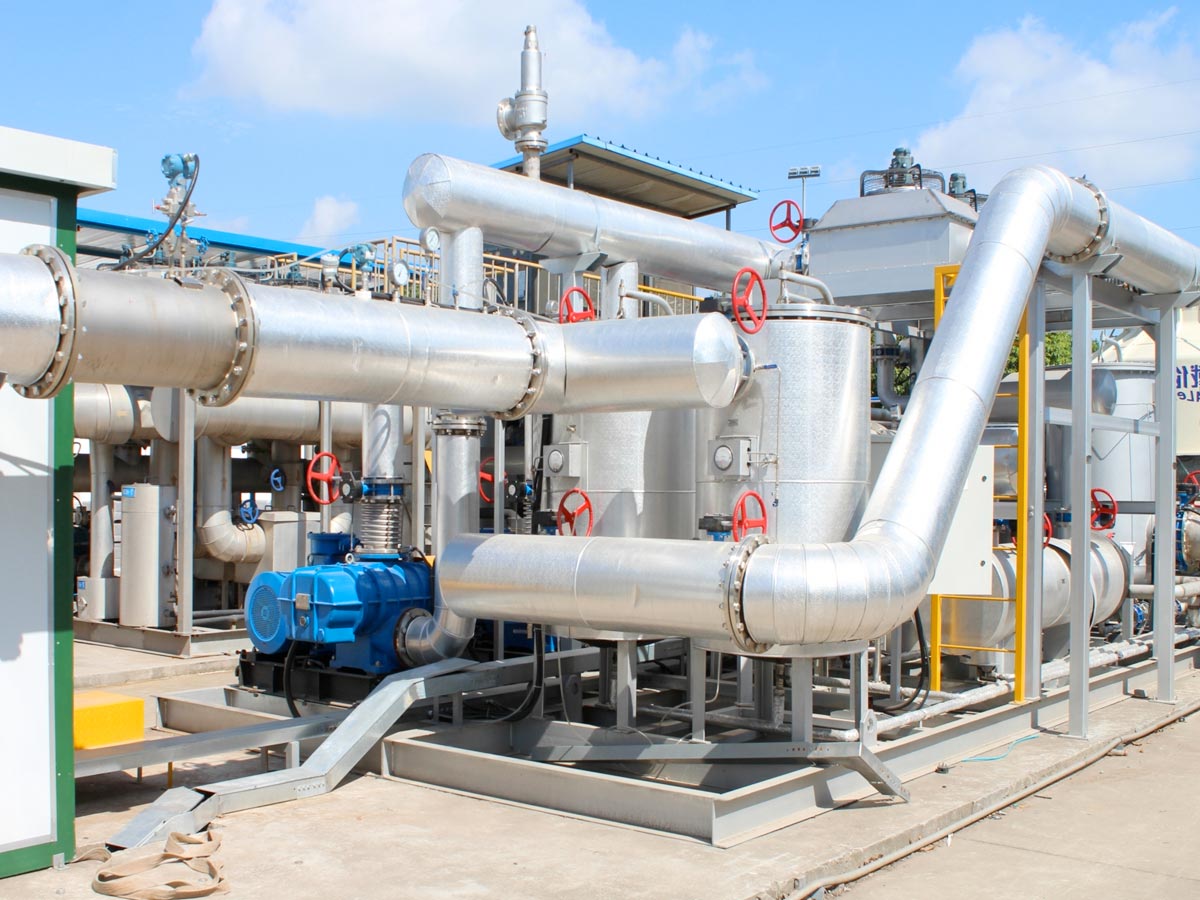
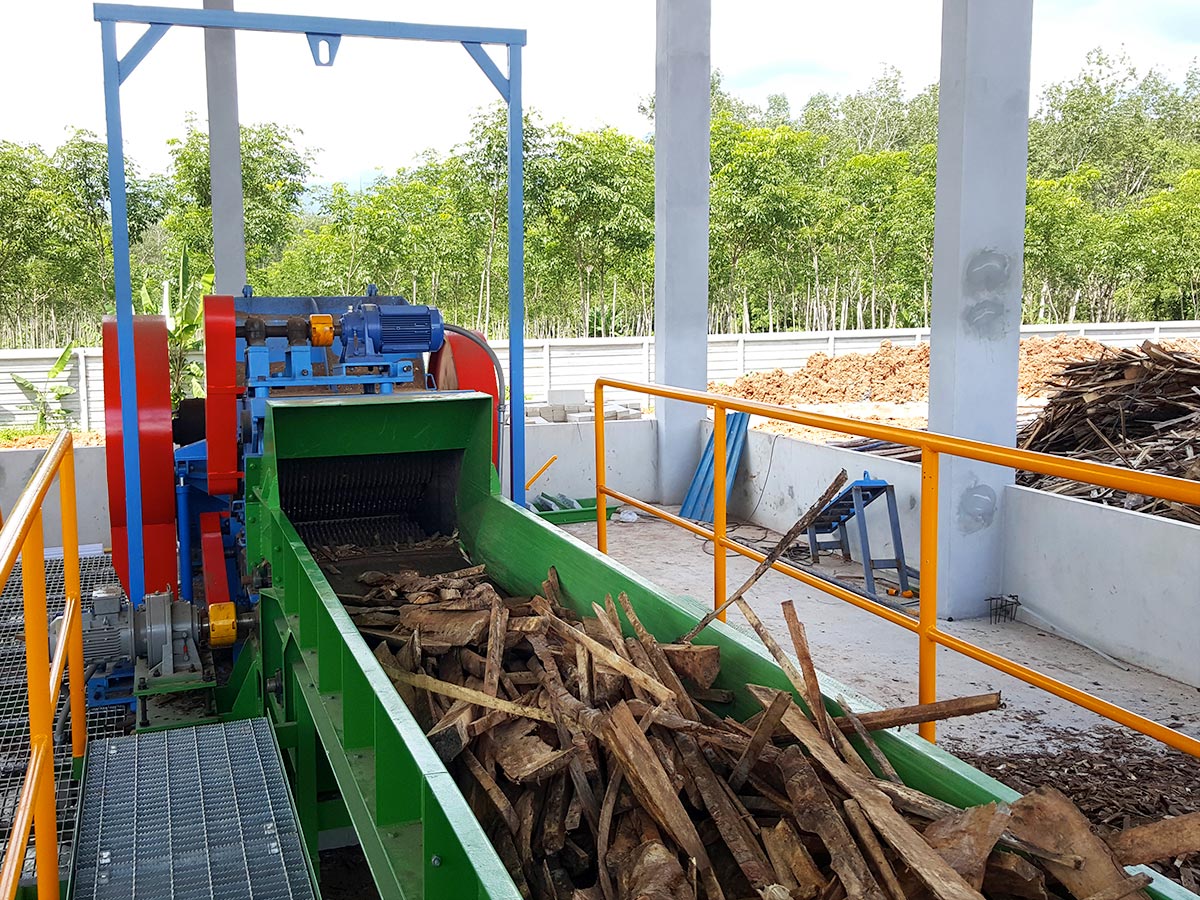
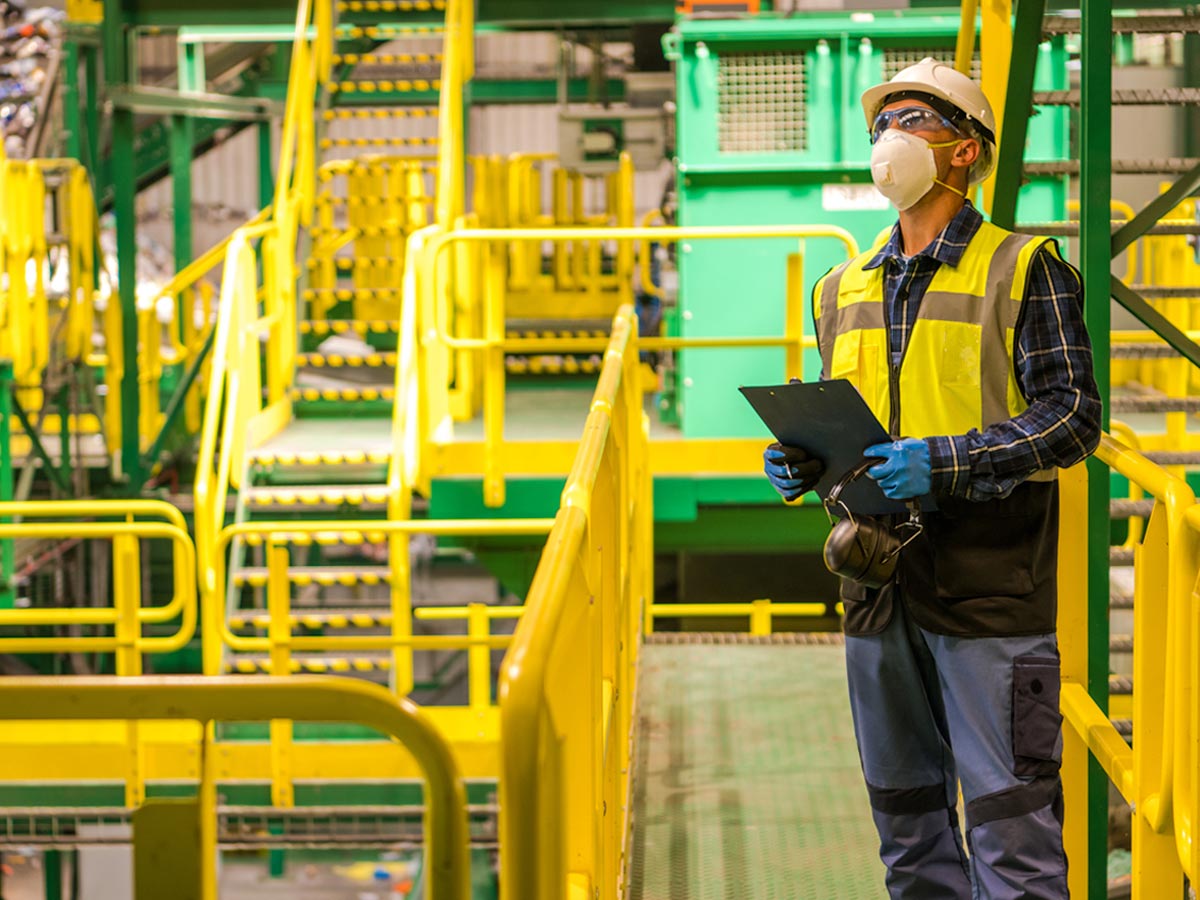
AWT Benefits
AWT helps to reduce the amount of waste sent to landfill, which in turn reduces the environmental impact of waste disposal. Landfill can release harmful pollutants into the air, soil, and water, which can have negative effects on both the environment and human health.
AWT methods can recover valuable resources from waste, such as metals, plastics, and other materials, which can then be reused or recycled. This reduces the need for new resources to be extracted, which helps to conserve natural resources and reduce environmental impact.
Some AWT methods can produce energy in the form of biogas, which can be used as a fuel source. By converting waste into energy, AWT can help to reduce reliance on fossil fuels and other non-renewable energy sources, which can help to mitigate climate change.
AWT can be a cost-effective alternative to traditional waste disposal methods. By reducing the amount of waste sent to landfill, businesses and municipalities can save money on waste disposal fees. Additionally, some AWT methods, such as energy recovery through biogas, can produce revenue streams for businesses or municipalities.
AWT facilities can create jobs in various areas, such as construction, operations, and maintenance. This can provide economic benefits to the community, especially in areas where there may be high unemployment rates. Moreover, since AWT is a growing industry, it can create long-term job opportunities for local workers.
In a typical year, Global AFR recovers over 3000 tonnes of steel and 300 tonnes of aluminium.
Global AFR is dedicated to executing projects that foster environmental improvements and mitigate human impact on the world. Through collaborative efforts with local joint venture partners, investors, and technology providers, the Global AFR team has successfully completed projects that divert more than 10,000,000 tonnes of waste from landfill on a daily basis.
Global AFR’s goal is to reduce the amount of waste sent to landfill while simultaneously providing a sustainable source of energy to meet the growing demand for power. Thanks to technological advancements, energy recovery from waste has become a practical and cost-effective solution that can help to minimize environmental impact.

